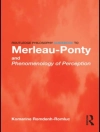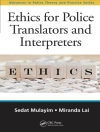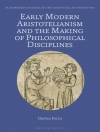The word ‘rationality’ and its cognates, like ‘reason’, have multiple contexts and connotations. Rational calculation can be contrasted with rational interpretation. There is the rationality of proof and of persuasion, of tradition and of the criticism of tradition. Rationalism (and rationalists) can be reasonable or unreasonable. Reason is sometimes distinguished from revelation, superstition, convention, prejudice, emotion, and chance, but all of these also involve reasoning. In politics, three views of rationality – economic, moral, and historical – have been especially important, often defining approaches to politics and political theory such as utilitarianism and rational choice theory. These approaches privilege positive or natural law, responsibilities, or human rights, and emphasize the importance of culture and tradition, and therefore meaning and context. This book explores the understanding of rationality in politics and the relations between different approaches to rationality. Among the topics considered are the limits of rationality, the role of imagination and emotion in politics, the meaning of political realism, the nature of political judgment, and the relationship between theory and practice. This book was originally published as a special issue of Global Discourse.
Terry Nardin
Rationality in Politics and its Limits [PDF ebook]
Rationality in Politics and its Limits [PDF ebook]
Achetez cet ebook et obtenez-en 1 de plus GRATUITEMENT !
Langue Anglais ● Format PDF ● Pages 160 ● ISBN 9781317376422 ● Éditeur Terry Nardin ● Maison d’édition Taylor and Francis ● Publié 2017 ● Téléchargeable 3 fois ● Devise EUR ● ID 7118228 ● Protection contre la copie Adobe DRM
Nécessite un lecteur de livre électronique compatible DRM












